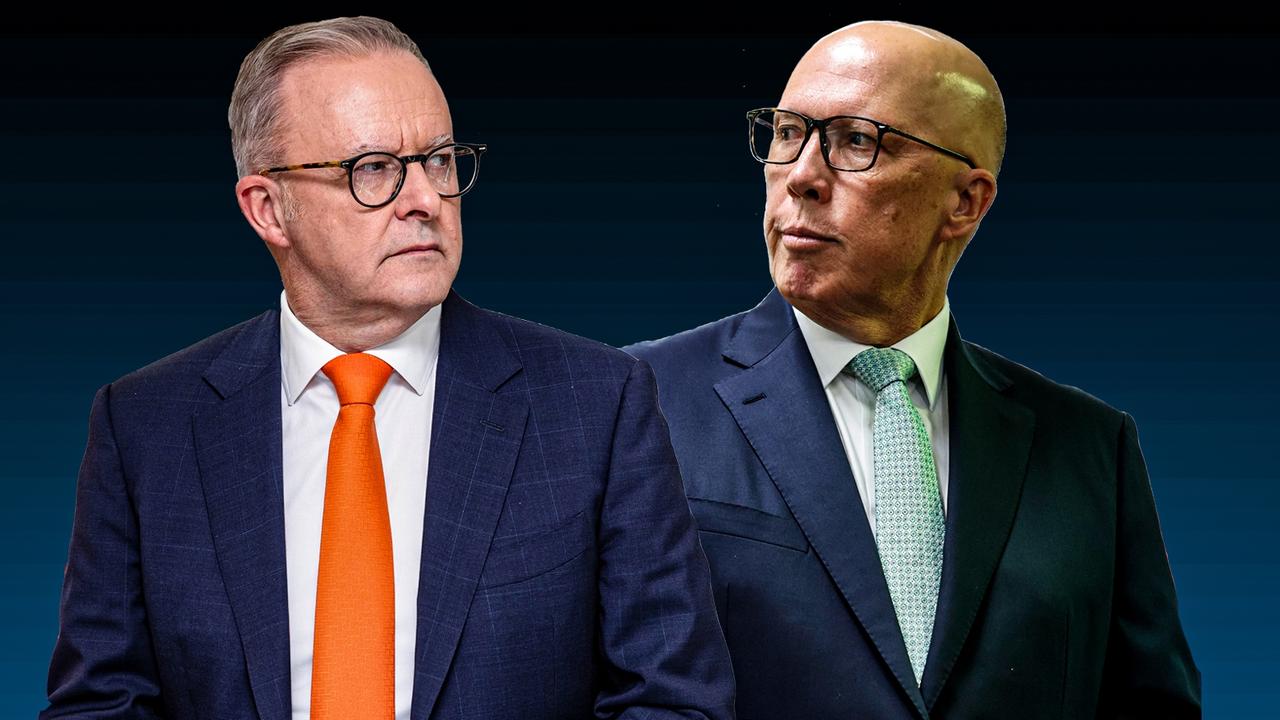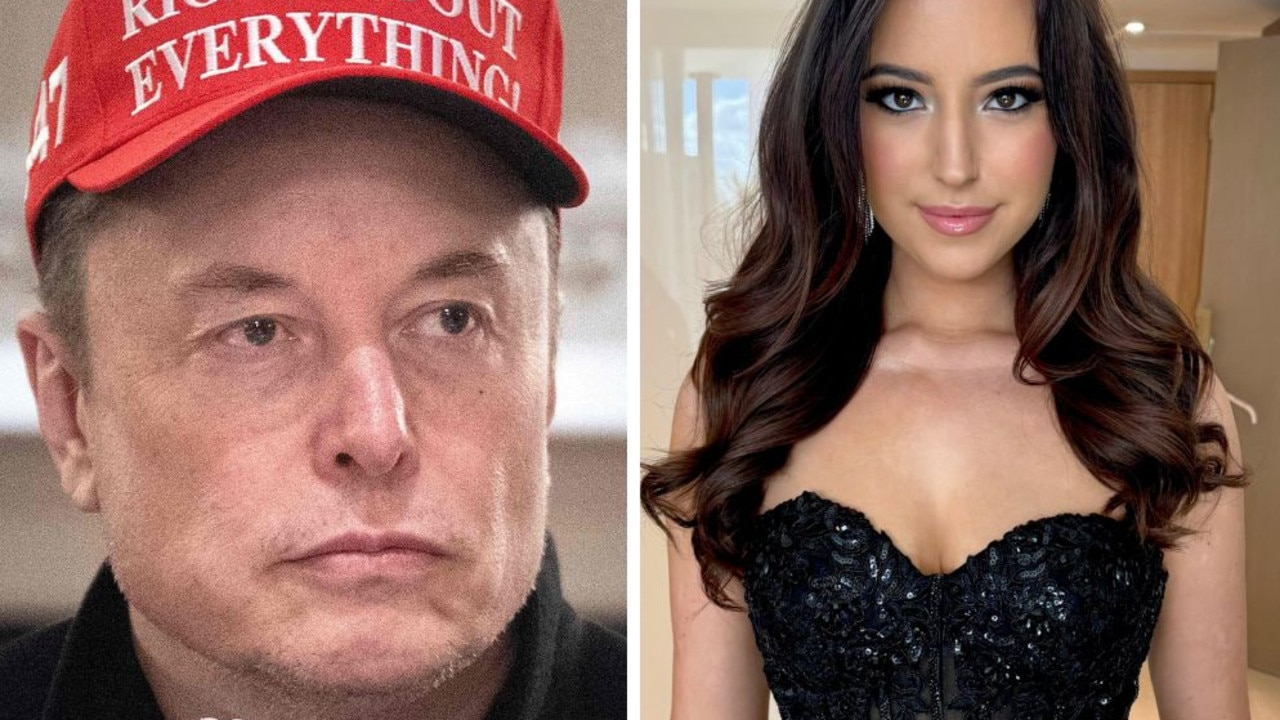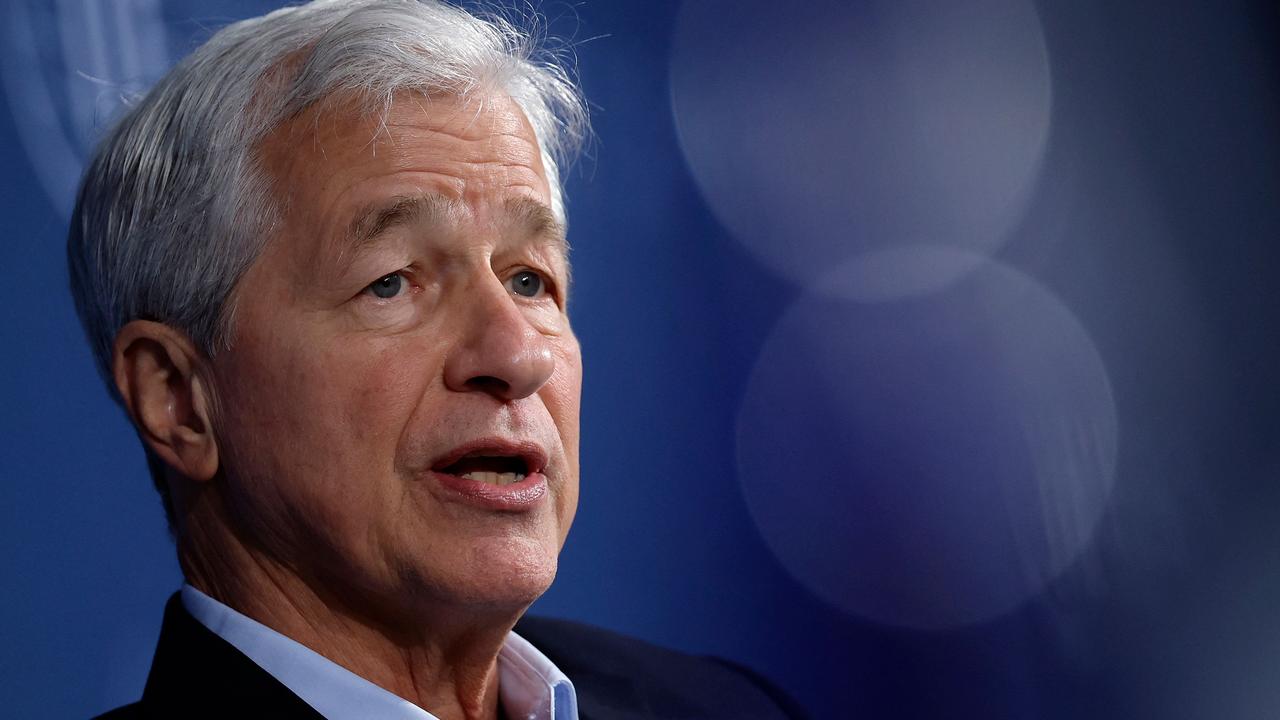China and US battle to be ‘boss of the world’ at UN
Tension have flared between the US and China after leaders traded barbs at the UN. Now analysts say we could be facing a 1939 moment.
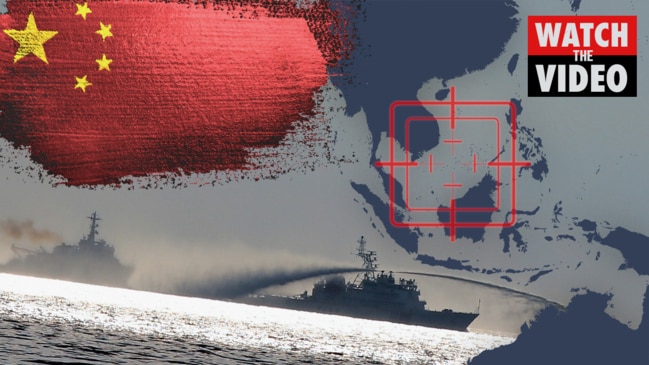
ANALYSIS
The battle to be “boss of the world” is playing out at the United Nations, with China and the United States raising the stakes in a festering “clash of civilisations”.
Chairman Xi Jinping and President Donald Trump each addressed the United Nations overnight in honour of the global forum’s 75th anniversary.
The leaders of the world’s two greatest nations appeared to be on an election footing – touting their strengths while hammering the opponent’s weaknesses under thick lashings of political spin.
But the stakes are incredibly high.
“We have no intention to fight either a Cold War or a hot war with any country,” Mr Xi declared in his speech, urging the world to avoid “falling into the trap of a clash of civilisations”.
Meanwhile, his “wolf-warrior” diplomats continued establishing the framework for exactly such a clash in regions as diverse as India, Hong Kong, Taiwan, Vietnam, Japan and Indonesia.
RELATED: China’s most aggressive move yet
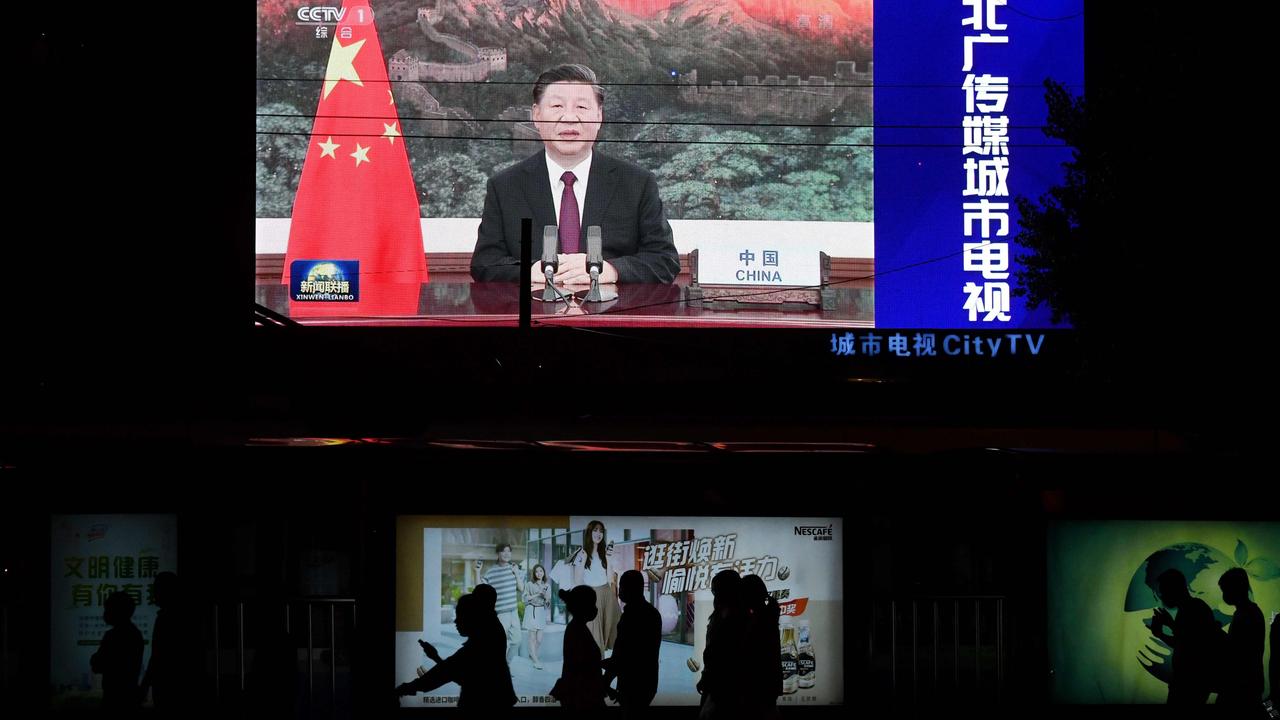
RELATED: Trump lashes China for “unleashing” COVID-19 on the world
Mr Trump lambasted the gathered nations and singled out China for particular criticism.
“For decades, the same tired voices proposed the same failed solutions, pursuing global ambitions at the expense of their own people. But only when you take care of your own citizens, will you find a true basis for co-operation,” he pronounced.
RELATED: War warning: Next 10 months are critical
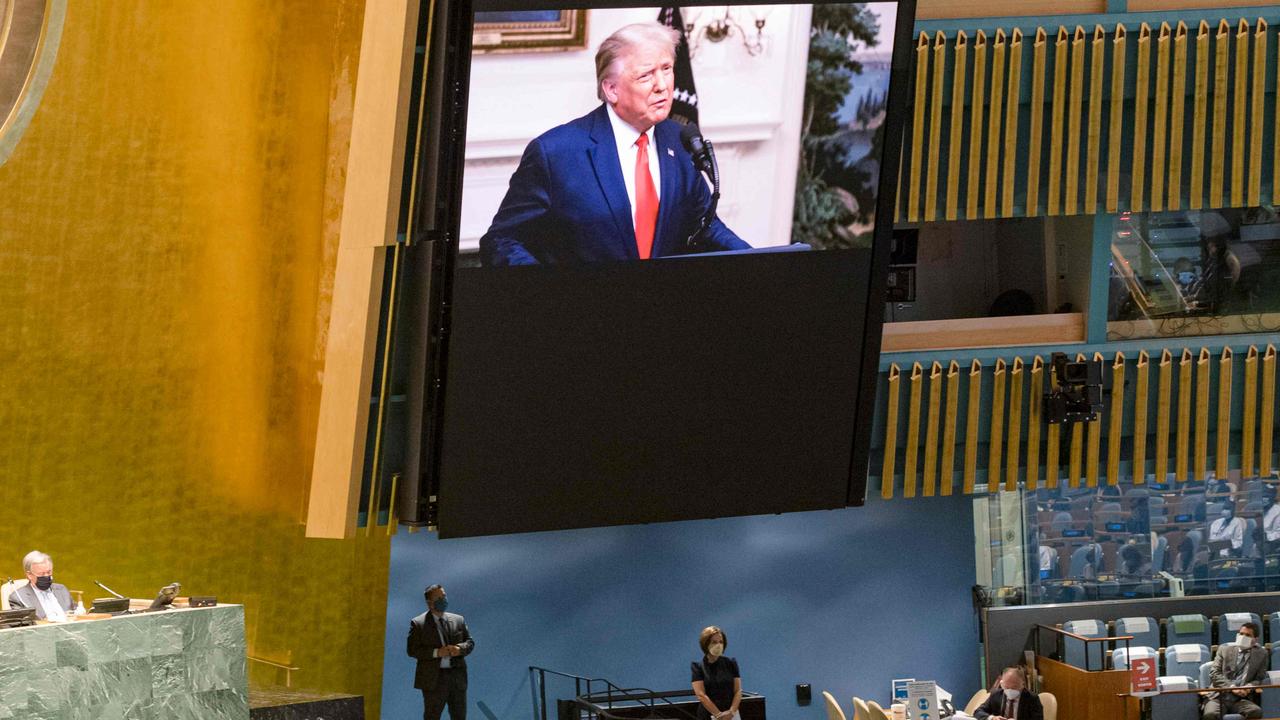
The two leaders’ words only seemed to entrench the growing divide between East and West.
And the heat of the rhetoric was not lost on the remaining 191 United Nations participants.
“Today, we face our own 1945 moment,” secretary-general António Guterres warned as he opened the 75th-anniversary general assembly of the UN.
That year, however, was also the beginning of the Cold War between the US and the Soviet Union.
Now international analysts also fear a 1939 moment – the outbreak of World War II – is rapidly approaching.
“Our world cannot afford a future where the two largest economies split the globe in a great fracture – each with its own trade and financial rules and internet and artificial intelligence capacities,” Mr Guterres said.
But that’s precisely what seems to be happening.
“People are hurting. Our planet is burning,” Mr Guterres said. “We must be guided by science and tethered to reality. Populism and nationalism have failed.”
BOSS OF THE WORLD: XI?
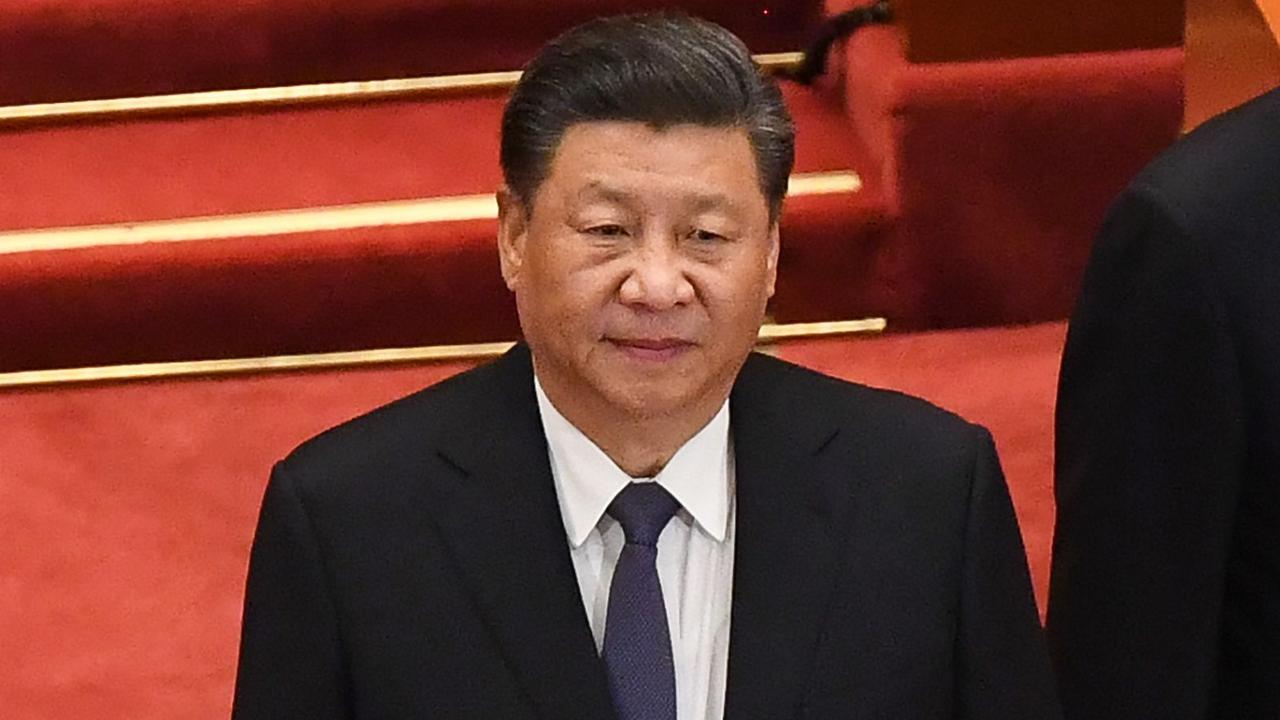
In his address, Chairman Xi took a bold swipe against the US in a strongly-worded speech. No nation should “be allowed to do whatever it likes and be the hegemon, bully or boss of the world,” he said.
Mr Xi, who removed the time limit on the Chinese Communist Party’s top job, enjoys a degree of dominance over his nation not seen since the time of China’s emperors.
As well as being the General Secretary of the Communist Party, he is Commander-in-Chief of the Chinese military and recently took over the role of chief of the nation’s police forces.
He’s been widely accused of having emperor-like ambitions over surrounding territories while imposing “Chinese characteristics” upon occupied territories such as Tibet and Xinjiang.
In his speech, Mr Xi insisted China “will never seek hegemony, expansion, or sphere of influence”.
But Beijing is openly pursuing a campaign of regional influence based on its First and Second Island Chain doctrine which extends from Papua New Guinea through the mid-Pacific and Guam to Japan. It also arbitrarily asserts ownership of the entire East and South China Seas. Neighbouring nations, of course, dispute this.
“No country has the right to dominate global affairs, control the destiny of others or keep advantages in development all to itself,” Mr Xi said, calling for “international order underpinned by international law”.
RELATED: China’s powerful ace card over the US
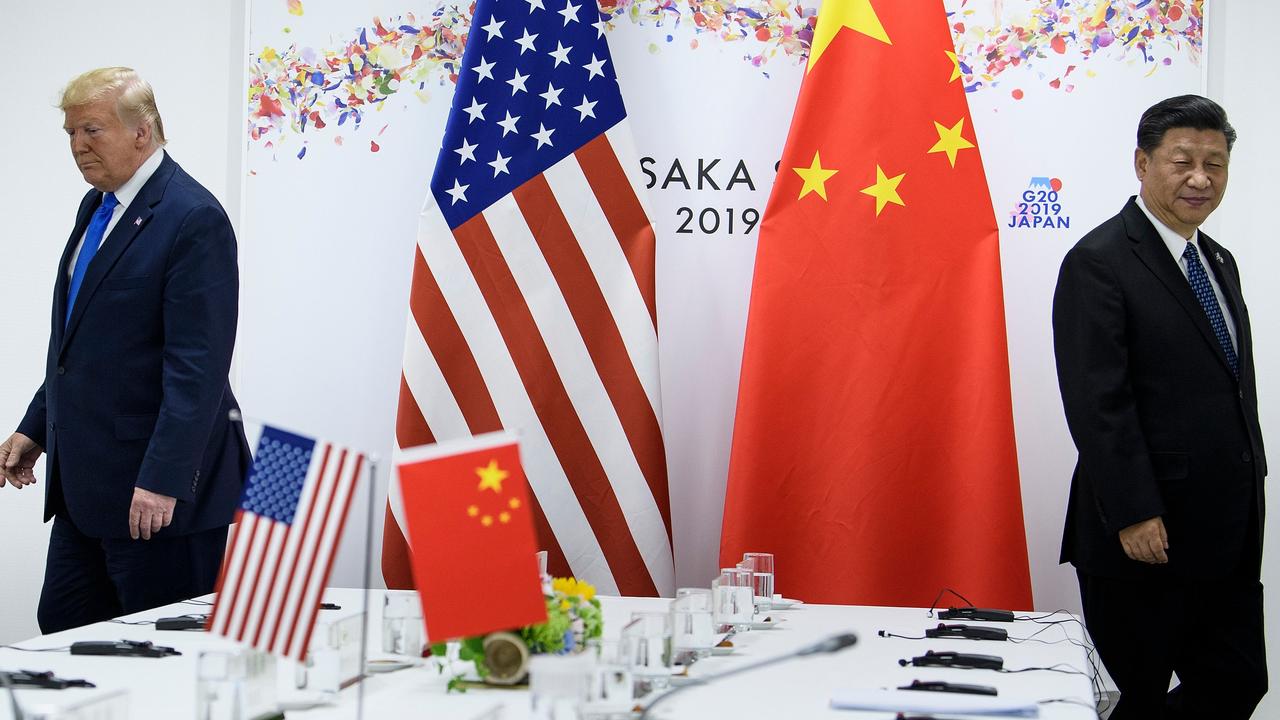
International analysts accuse Beijing of blatant diplomatic bullying and economic coercion against countries as diverse as Australia and Sweden.
This joins a growing list of disturbing acts, such as the ethnic-cleansing of Uighurs and Tibetans, rampant flouting of international boundaries, discarding its handover agreement with Hong Kong, and escalating military tensions with Taiwan.
“What we need to do is to replace conflict with dialogue, coercion with consultation and zero-sum with win-win,” Mr Xi told the UN.
“There must be no practice of exceptionalism or double standards. Nor should international law be distorted and used as a pretext to undermine other countries’ legitimate rights and interests or world peace and stability. Unilateralism is a dead end.”
Mr Xi concluded with an air of grand ambition: “Let us join hands to uphold the values of peace, development, equity, justice, democracy and freedom shared by all of us and build a new type of international relations and a community with a shared future for mankind.”
BOSS OF THE WORLD: TRUMP?

For decades, the United States has been urging China to act as a “responsible stakeholder” and participate in the United Nations’ post-war system of the international rule of law.
Mr Trump, however, used his speech to take a swipe at the forum of nations.
“If the United Nations is to be an effective organisation, it must focus on the real problems of the world,” Mr Trump declared. “This includes terrorism, the oppression of women, forced labour, drug trafficking, human and sex trafficking, religious persecution, and the ethnic cleansing of religious minorities.”
But Mr Trump spent most of his seven minutes on the world stage in an unbridled attack on Beijing.
“We must hold accountable the nation that unleashed this plague upon the world: China,” he declared.
“The Chinese government, and the World Health Organisation – which is virtually controlled by China – falsely declared that there was no evidence of human-to-human transmission,”
Mr Trump said. “Later, they falsely said people without symptoms would not spread the disease. The United Nations must hold China accountable for their actions.”
But international analysts noted Mr Trump failed to specifically list the plight of the Uighur people or the suppression of democratic Hong Kong among his litany of Beijing’s outrages.
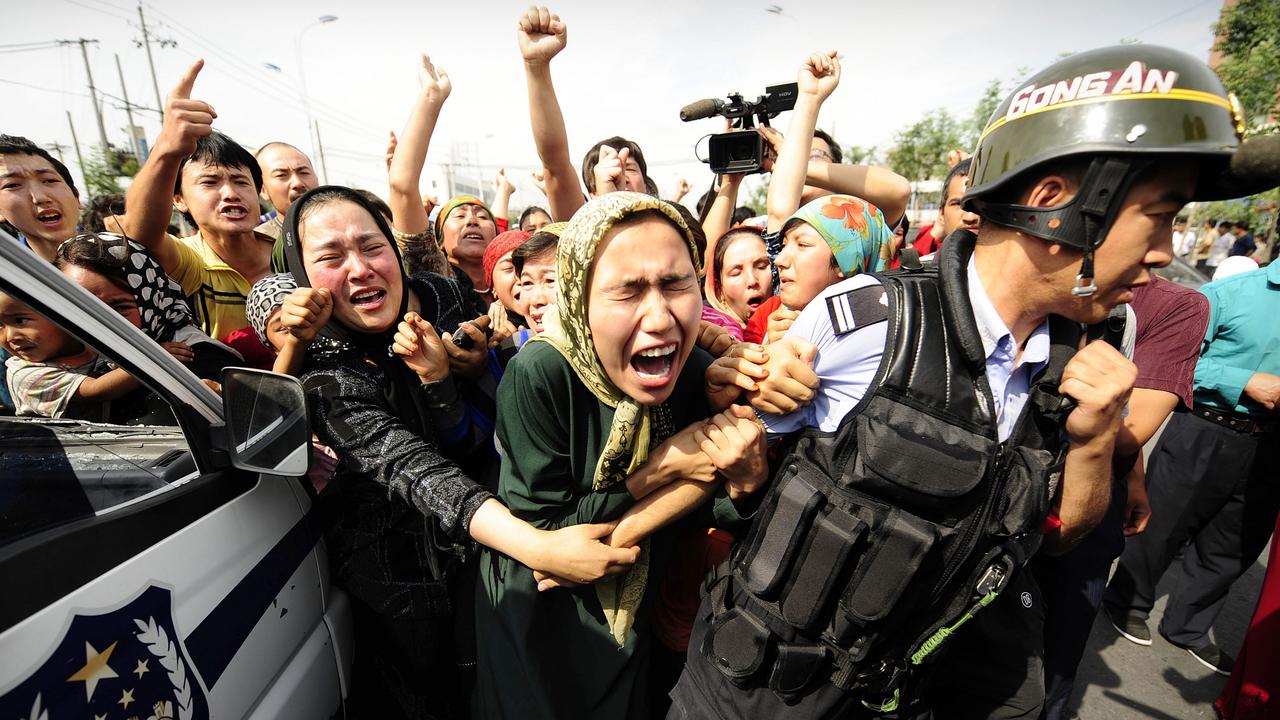
Mr Trump, Commander-in-Chief of the US military and head of the executive (bureaucratic) branches of government, has himself publicly mused at removing presidential term limits and criticised the separation of powers within the United States. But he was openly proud of his declared achievements.
“We are standing with the people of Cuba, Nicaragua, and Venezuela in their righteous struggle for freedom,” Mr Trump boastfully proclaimed.
He declared his administration had successfully “stood up to decades of China’s trade abuses”, “withdrew from the terrible Iran Nuclear Deal,” and “obliterated the ISIS caliphate.” This was on top of having “built the greatest economy in history” and “revitalised the NATO Alliance”.
But Mr Trump boastfully defended his withdrawal from the UN Paris agreement on climate change and the World Health Organisation.
“I am proudly putting America first, just as you should be putting your countries first. That’s okay. That’s what you should be doing,” he said.
CLASH OF CIVILISATIONS
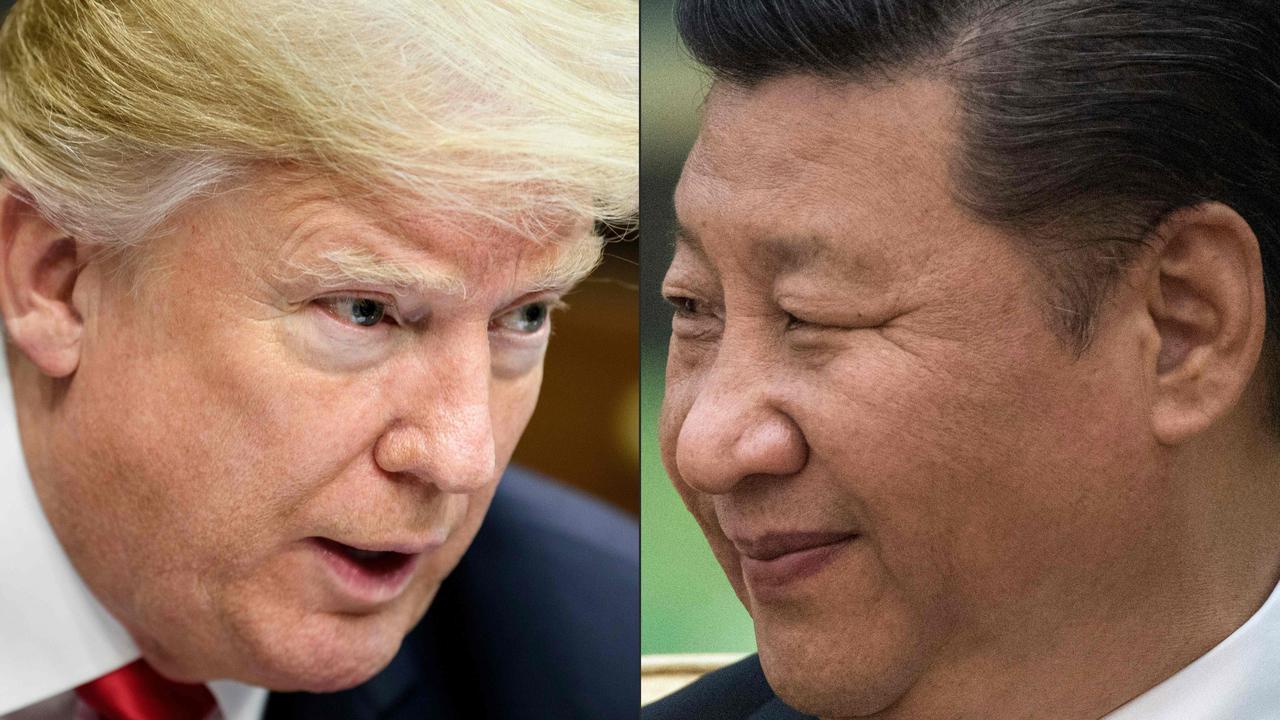
Mr Trump is accused of hostility towards post-war attempts at international multilateral institutions. His foreign affairs policies are blamed for immense global upheaval.
But Mr Xi has also overseen a dramatic change of course for Beijing. Gone is the notion of a cooperative China, opening up to the world and embracing the concepts of human rights, globalisation and the rule of law.
Both leaders insist their acts are necessary to attain – or maintain – the mantle of a global superpower.
Both leaders appear to be painting themselves into corners of conflict.
Just this weekend, Beijing’s Defence Ministry attacked a recent US Pentagon report on its ballooning military powers and capabilities.
Defence Ministry spokesman Colonel Wu Qian called the report a “wanton distortion” of Beijing’s goals, adding its publication had “serious implications for US national interests and the security of the international rules-based order”.
The 150-page Defence Department report detailed Beijing’s growing technological capabilities, evolving doctrines and speculated at the objectives these were designed to support. It accused China’s military as having become a “practical instrument” of arbitrary diplomacy with the purpose of “revising aspects of the international order”.
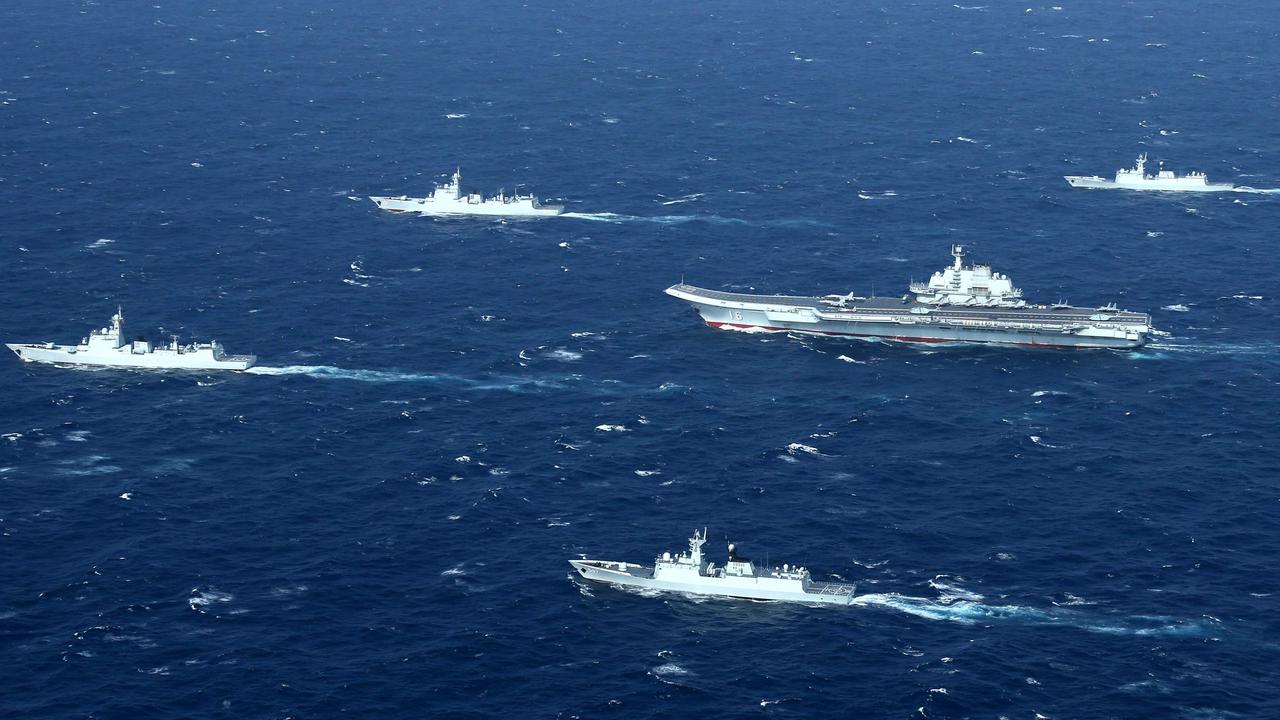
Beijing dismissed the accusations, instead insisting the aggressor was the US.
“Many years of evidence shows that it is the US that is the fomenter of regional unrest, the violator of the international order and the destroyer of world peace,” Colonel Wu Qian accused.
But, even as he spoke, Chinese combat jets were deliberately breaching boundaries with Taiwan and troops assembled in the heights of the Himalayas. US and Australian warships, meanwhile, took part in a “sinkex” (an exercise involving the sinking of an old ship) as part of Pacific Vanguard, off the coast of Guam.
Little wonder the world is watching the increasingly heated standoff with growing alarm.
“Certainly, many factors will determine how this course unfolds,” the Pentagon report reads. “What is certain is that (the Chinese Communist Party) has a strategic end state that it is working towards, which, if achieved and its accompanying military modernisation left unaddressed, will have serious implications for US national interests and the security of the international rules-based order.”
Jamie Seidel is a freelance writer | @JamieSeidel


